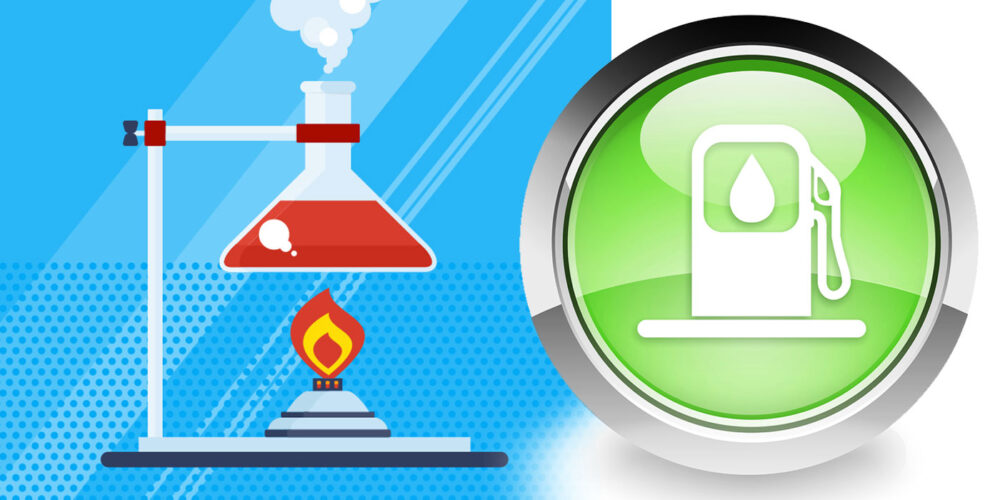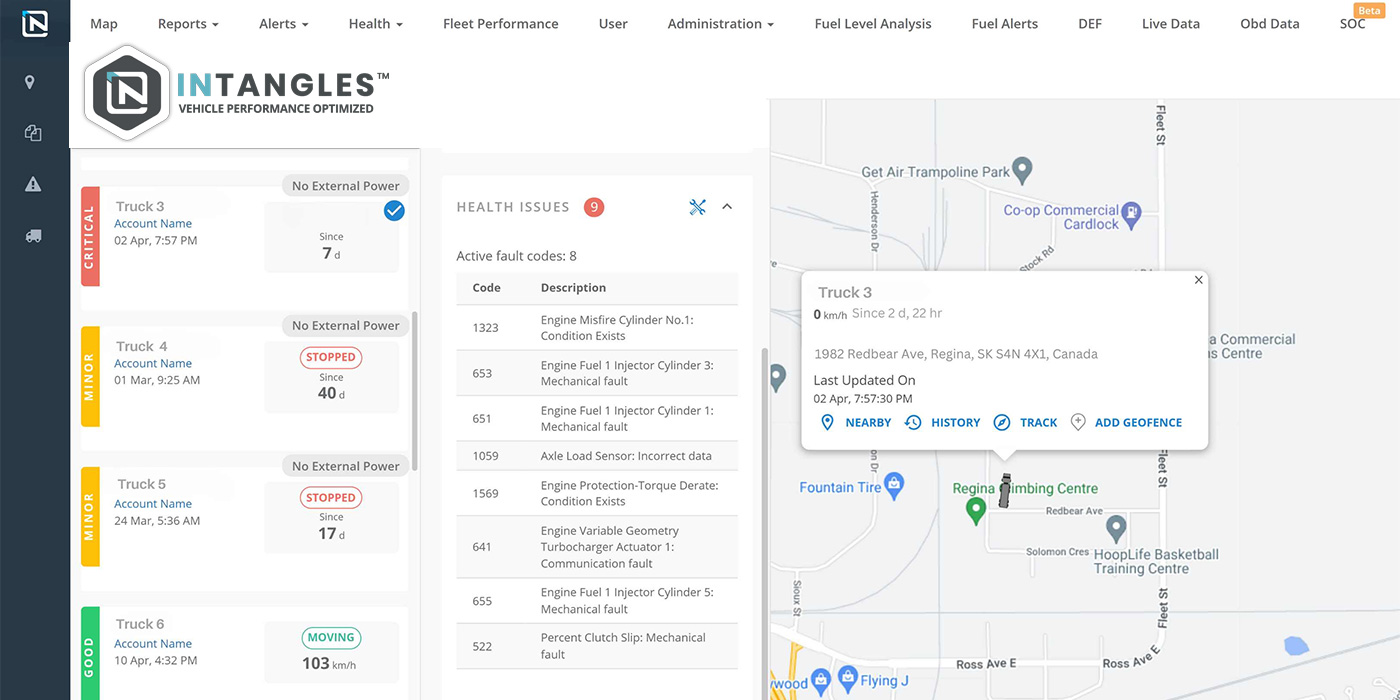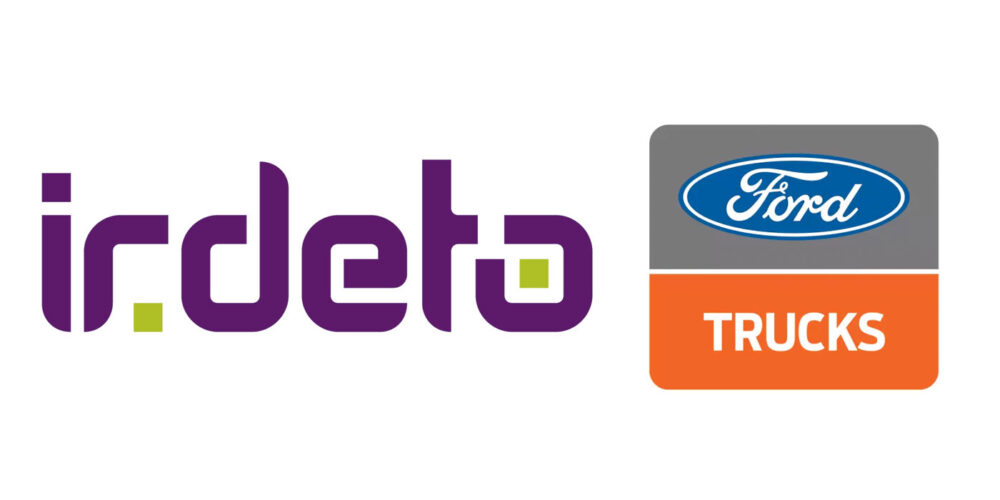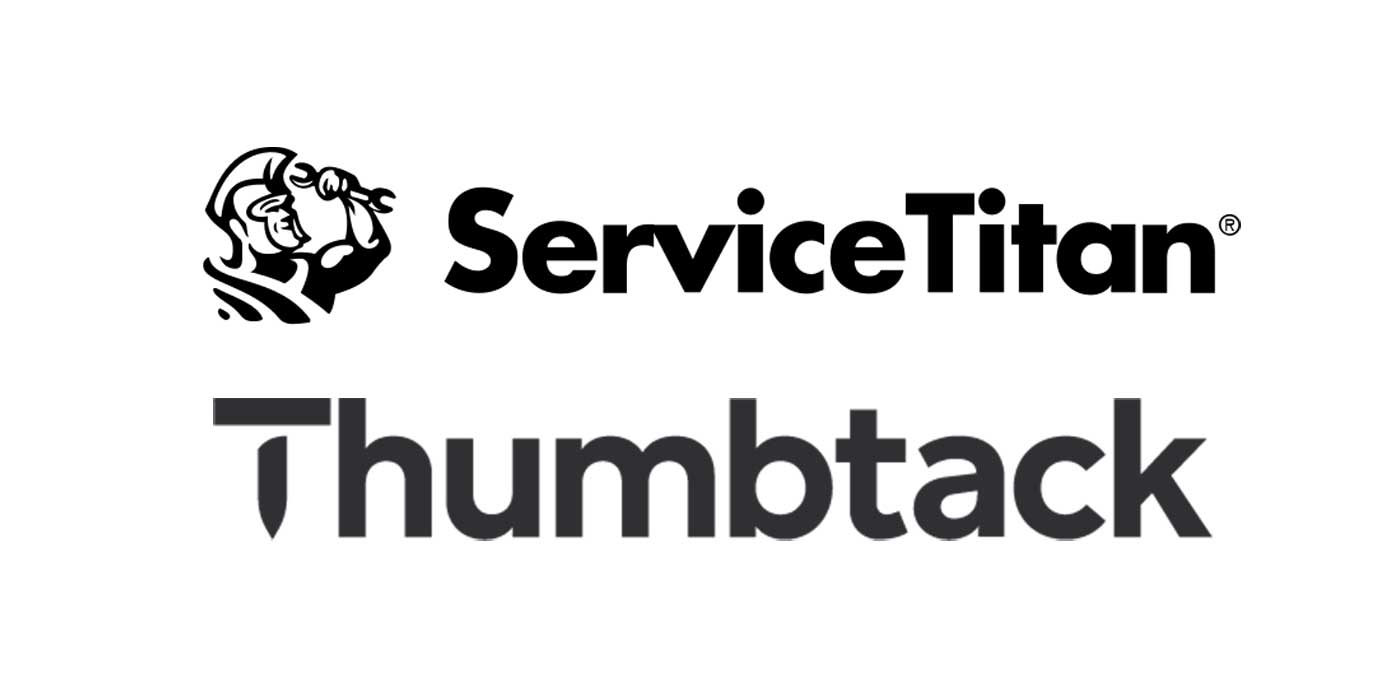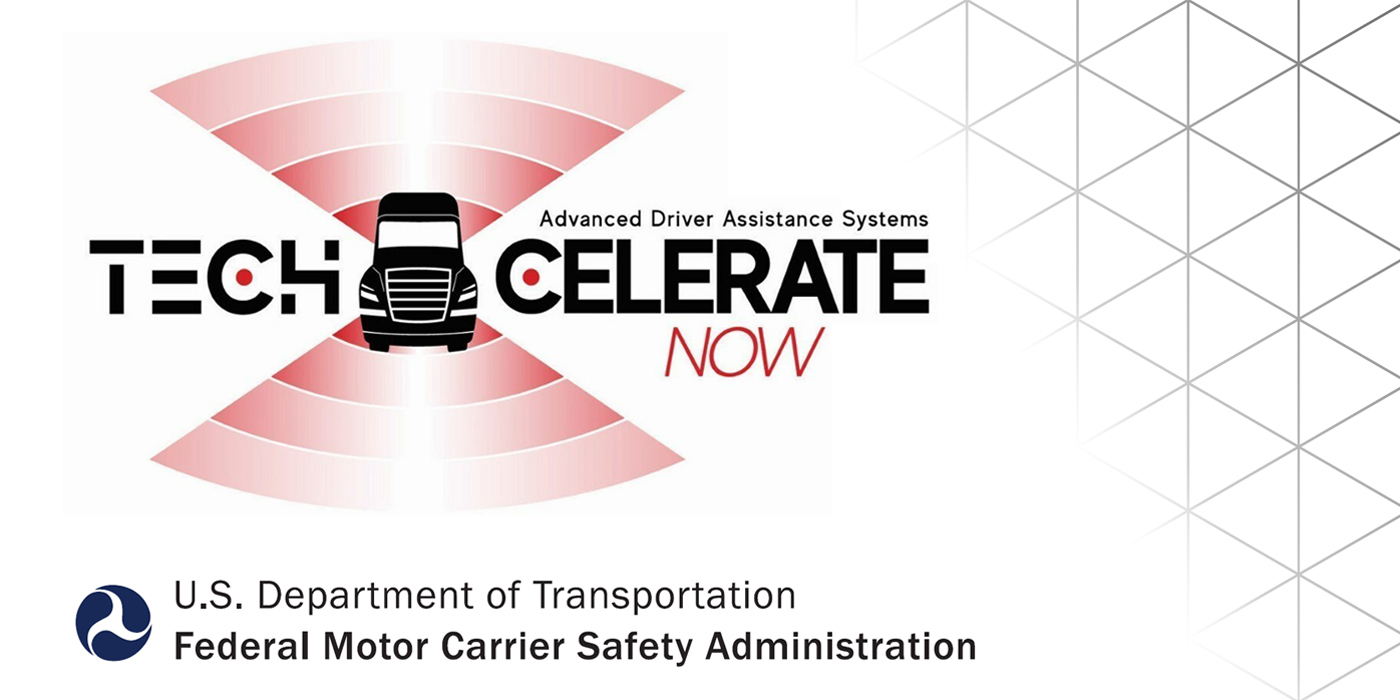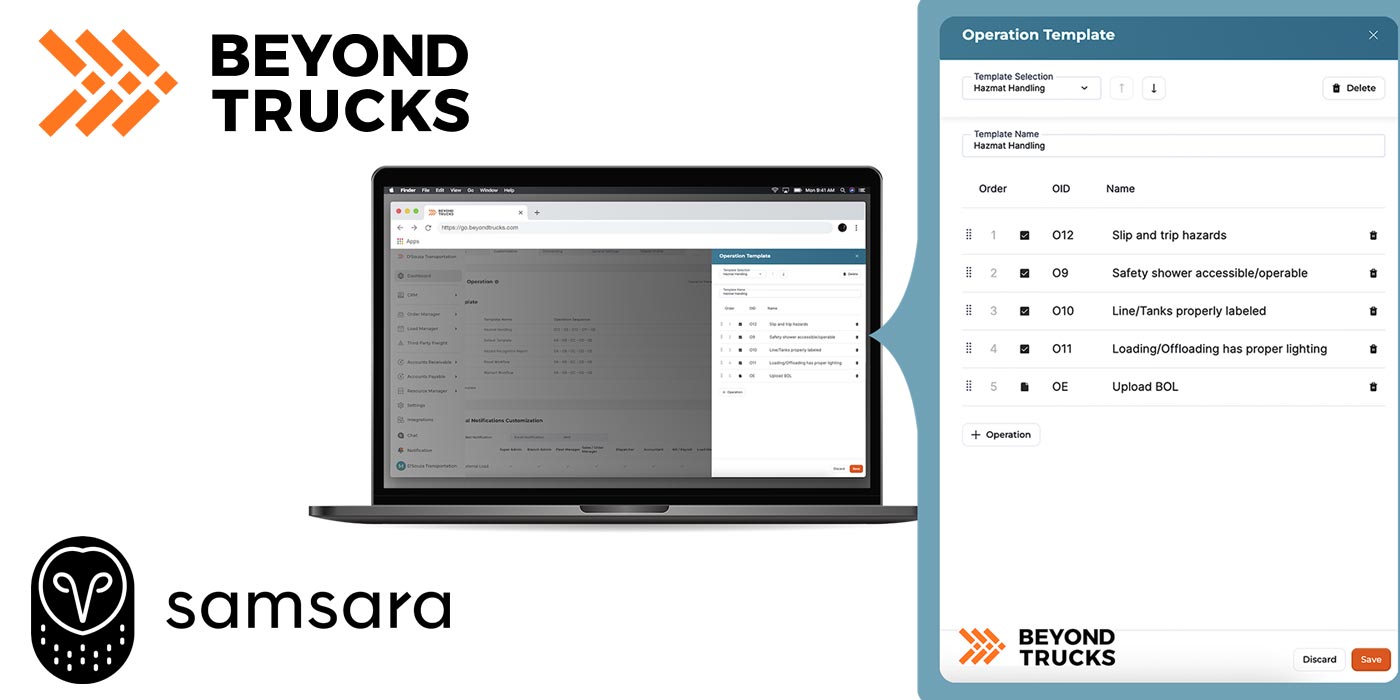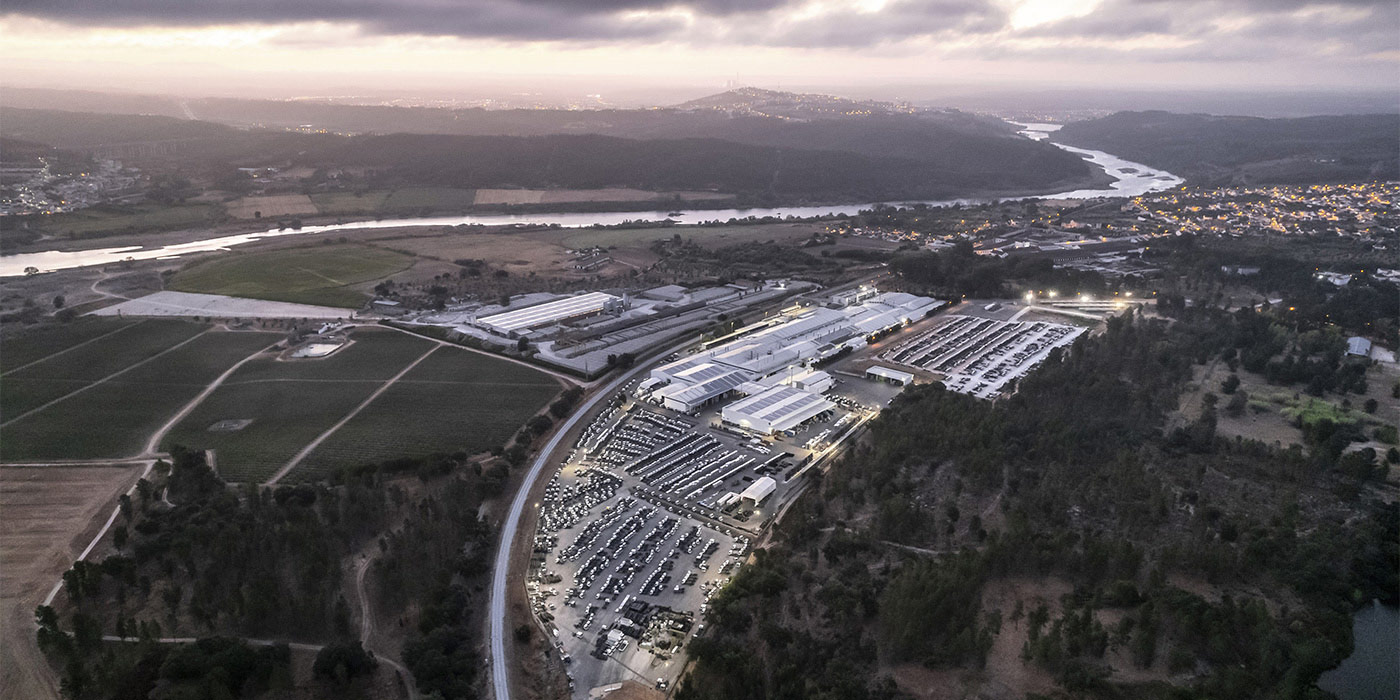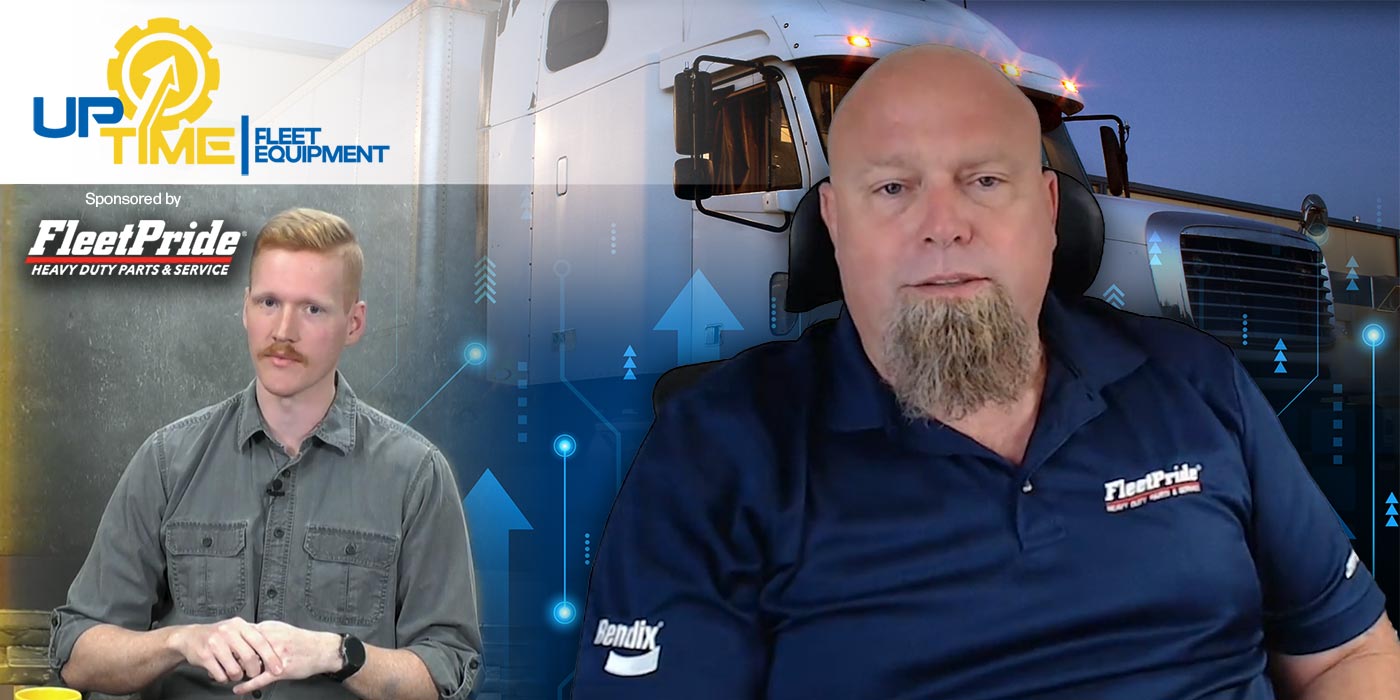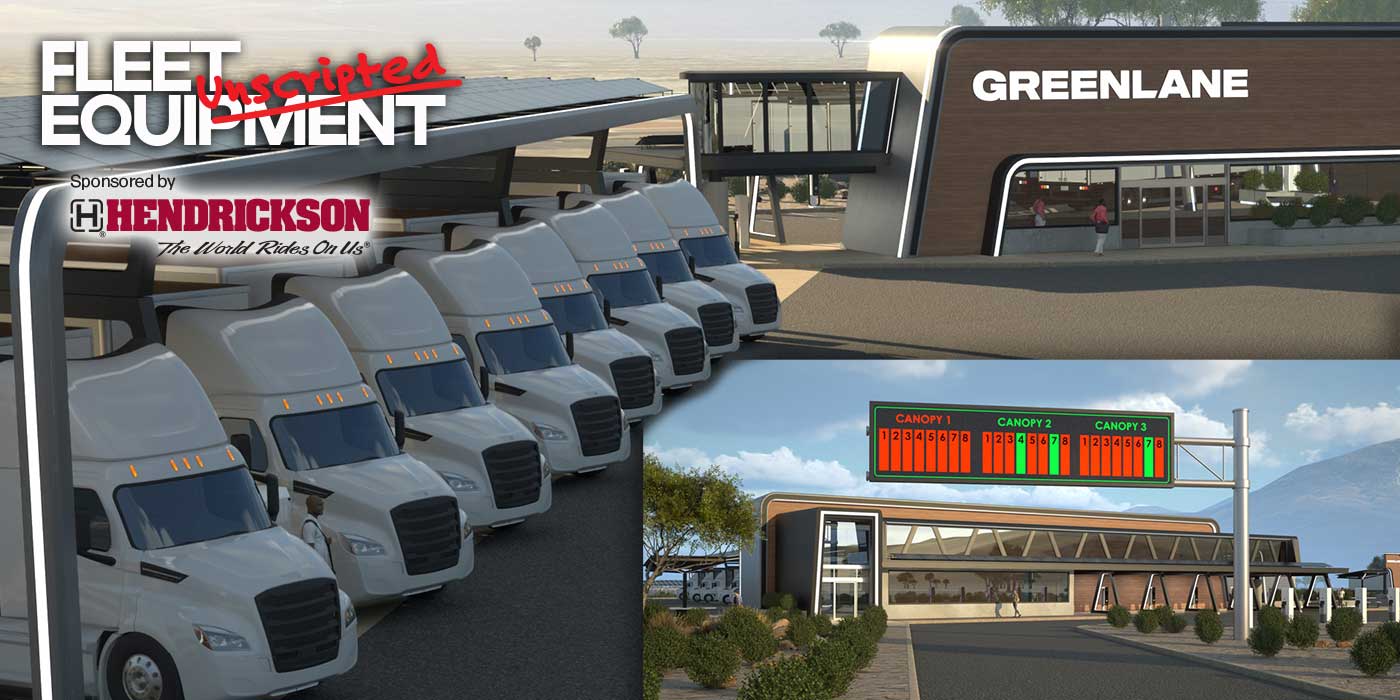A New York Times article about the history of our relationship with diesel from its invention in the 1800s to Volkswagen’s ‘Dieselgate’ scandal in 2015, concluded that the notion of clean diesel was an ‘‘oxymoron.’’ As head of sales at steering components manufacturer Pailton Engineering, I would argue that a new scientific invention inspired by the Bunsen burner could lead to major breakthroughs in the quest for cleaner diesel, with significant implications for commercial vehicles.
Diesel engine exhaust contains harmful pollutants such as nitrogen oxides and soot particles. Although governments from the late 1990s onward encouraged the uptake of diesel vehicles in the belief that they were more environmentally friendly than petrol/gasoline equivalents, it has since been argued that diesel cars produce more than four times as much pollution.
For the automotive sector, the solution was the introduction of regulations to discourage the use of diesel vehicles, while accelerating the uptake of electric vehicles. For commercial vehicles, however, it is not so simple. For all the bad publicity that diesel has generated in recent years, there is simply nothing that can match this fuel for its energy density, reliability and durability.
Electrifying smaller, lighter vehicles is one thing. For buses and long-haul trucks though, diesel is far superior at generating the torque needed to keep them moving. That’s not to rule out the viability of electric, hybrid or hydrogen-powered trucks and buses. However, the weight of these vehicles generates a different set of requirements that make alternatives to the combustion engine trickier to develop.
Clean or cleaner?
While some are set on overcoming the challenges of developing electric or hydrogen vehicles, others are focusing on making diesel cleaner. It could take many years and huge infrastructure investments before we see long-haul trucks powered by electric batteries or hydrogen fuel cells in significant numbers. If diesel is here to stay at least for the short-term, then anything that can reduce its emissions will make a big difference to the planet.
Whether or not diesel can be truly ‘clean’ is open to debate, but in relative terms the improvements are there. A combination of engineering breakthroughs and government regulation has ensured that modern diesel is significantly cleaner in comparison to its predecessors. Key technological developments include advances in fuel injection technologies and systems for treating exhaust emissions. According to the manufacturer DAF, the nitrogen oxide emissions of a modern truck with a Euro 6 engine are 95% lower than similar trucks from 25 to 30 years ago.
An ongoing engineering dilemma is the trade-off between soot and nitrogen oxide reduction. A diesel engine delivers greater fuel efficiency than its petrol or gasoline counterpart, but it releases toxic nitrogen oxide emissions. To mitigate this, spent, low-oxygen combustion gases from the previous engine cycle are routed back into the air intake. This reduces the temperature and oxygen concentrations in the fuel-air mixtures, thereby reducing the production of nitrogen oxides.
The drawback to this dilution strategy is that at these lower temperatures not all fuel is consumed, with what is left creating more particles of partially burned carbon, or soot. Engineers therefore need to find a way of burning the diesel as fully as possible, while keeping temperatures low enough to avoid excess nitrogen oxide.
Bunsen burners
Charles Mueller, a combustion scientist at Sandia National Laboratories in the U.S., thinks he has found a solution to this problem. Drawing inspiration from a Bunsen burner, he proposes equipping diesel fuel injectors with tiny Bunsen burner chimney equivalents. These small metal tubes will be installed a short distance from the injector nozzle hole and will align with the fuel stream. Much like a Bunsen burner when it burns blue, this will ensure that the fuel and air is more fully mixed and provide for better burning, but at the lower temperatures needed for nitrogen oxide dilution.
Mueller’s patented technology is called ducted fuel injection, or DFI. There is already interest from industry and scientific research and testing is so far looking very encouraging.
Mueller himself feels that the large engines in ships and locomotives would be a good candidate for exploiting the benefits of DFI. For large engines like these, converting to electric is cost-prohibitive. DFI carries the additional benefit that it can be retrofitted to existing engines. This possibility makes it a technology that could bring enormous benefits in a range of applications. As there is no need to develop entirely new engines to exploit the benefits of Mueller’s breakthrough, retrofitting could be a potential game-changer for the trucking industry.
Clean diesel might be an oxymoron. However, it is clear that a range of technologies are making diesel cleaner, in relative terms. Ducted fuel injection is a breakthrough that has considerable promise. If hydrogen and electric trucks take longer to develop than the more optimistic forecasts might suggest, it is comforting to know that breakthroughs in diesel technology have the potential to deliver significant reductions in emissions.

